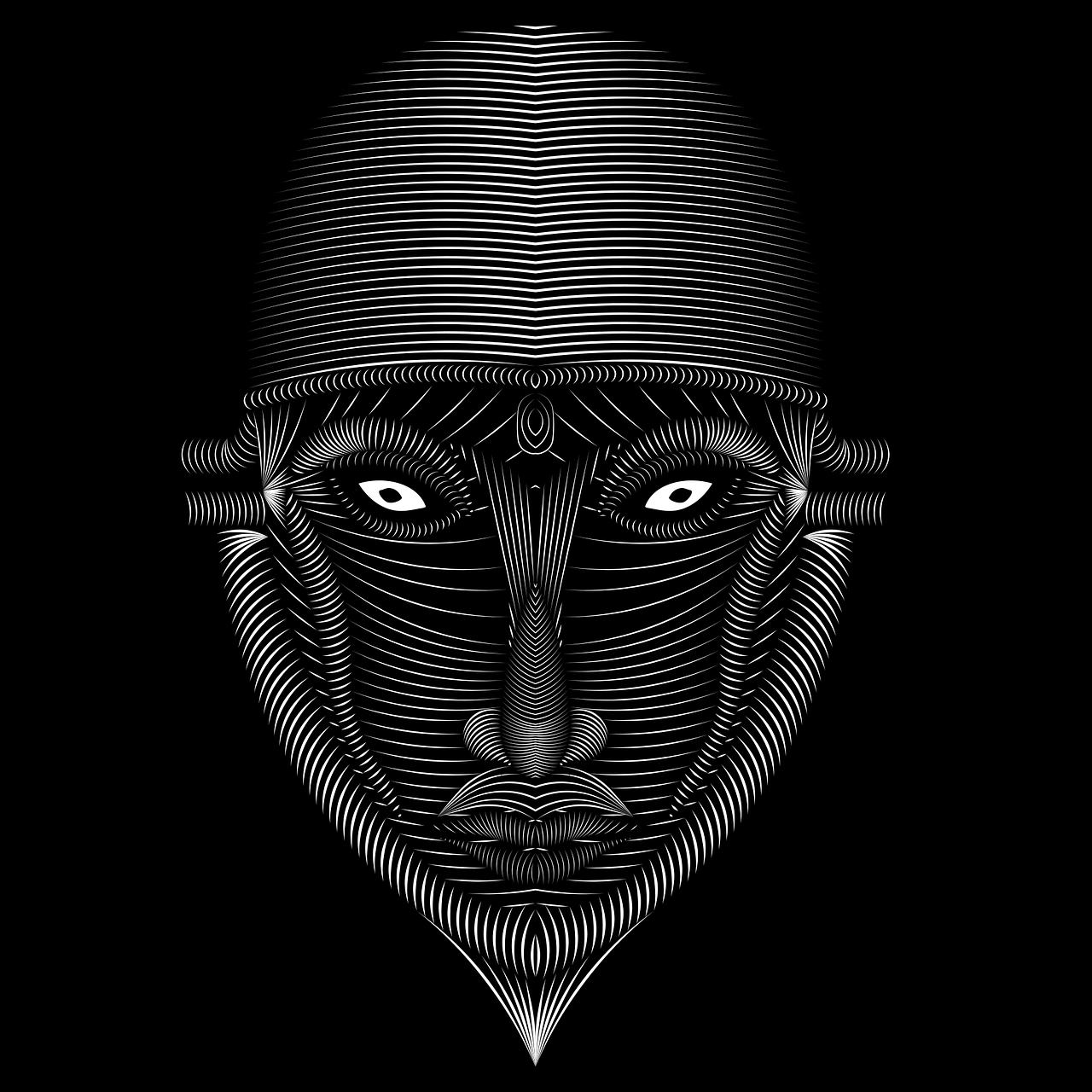Africa lost cartloads of artworks to colonial powers who looted them off. Today, some of these beauties lie in different corners of the world. A Nigerian designer presents an interesting idea at a time when the discussions abound on how Africans can reclaim these arts.
“What if Africans could access some Western museums worldwide, gather all the artwork looted from their territories during the colonial era, and bring them back home?” Adaobi Tricia Nwaubani writes in a BBC piece.
This idea seems practically impossible, physically. But there could be a better chance of success if we could go about it digitally.
Chidi, 34-years old, a creative designer and the founder of Looty, is attempting just that. “This is the first digital repatriation of stolen artwork,” he said. “I had this idea that: Why don’t we take back the physical works of art into the digital world?”
Chidi works with other Africans (two Nigerians and a Somali) with skills in 3D design, NFT technology, and editing. They work together to capture pictures of these works in museums and create digital versions.
Looty’s team has designed about 25 different pieces, including the famous Benin Bronzes that once graced the royal palace of the old Benin kingdom, and it’s just day one.
Chidi came about the idea at a time when conversations on NFTs continue to grow across physical and digital forums. NFTs are complex but popularly known to offer a method of creating public proof of the ownership of digital files.
The rise in NFT popularity coincides with increasing agitation for the return of Africa’s looted artworks, and Chidi thought it an opportunity to start Looty, a platform dedicated to the repatriation of African arts. It was launched on May 13, 2022, allowing Africans to view these works without travelling across the world. Also, NFTs of these historical pieces can be bought with part of the sale proceeds going towards the support of African artists.
Culled from ‘Nigeria’s Looty seeks to reclaim African art in digital form by Adaobi Tricia Nwaubani, BBC.



